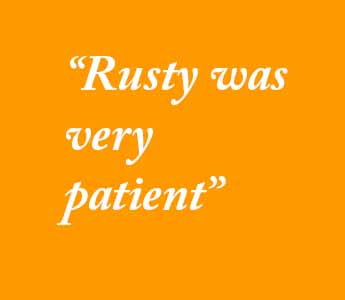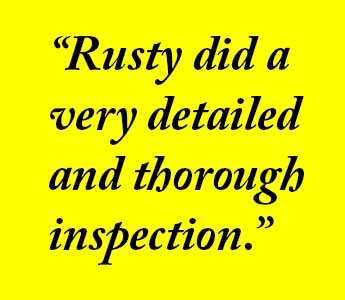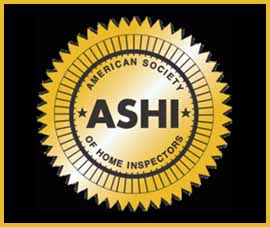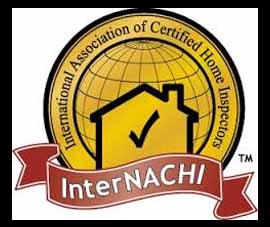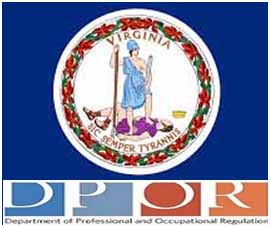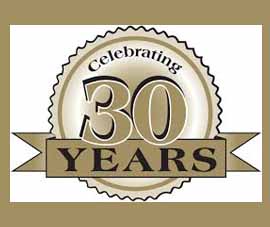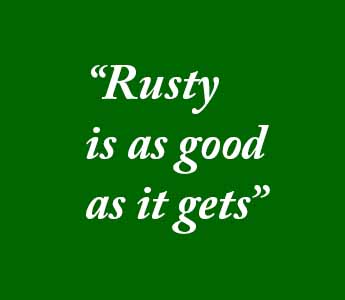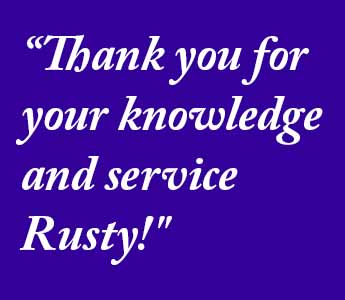Rusty Layton Home Inspections
Northern Virginia and Washington, DC
Rusty Layton has over 40 years of home inspection experience, inspected over 30,000 houses, townhouses and condos and has tens of thousands of satisfied clients. His home inspections are thorough, educational and enjoyable.
Calendar and Scheduling
1
Check Rusty Layton's Google calendar below for availability. Inspections scheduled 9:00 AM, 12:15 PM and 3:30 PM with flexibility upon request.
2
Fill out the scheduling form below the calendar. You can always call or text Rusty at 703-568-6600.
3



